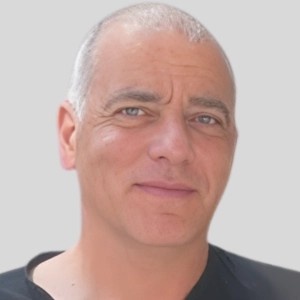
Salvatore Campanella
University of Brussels, BelgiumPresentation Title:
Increasing neural inhibitory resources is a protective factor against relapse in alcohol use disorder
Abstract
Optimizing the treatment of Alcohol Use Disorder (AUD) is challenging, mostly because of its chronic and relapsing nature. Detoxification programs for AUD typically involve withdrawal followed by long-term rehabilitation, often combining both psychotherapeutic and pharmacological strategies. Around 70% of patients who only undergo psychosocial therapy typically resume alcohol use within 1 year post-treatment. This huge rate of relapses outlines the limitation of the current treatments proposed in psychiatry for addictive disorders and the urgent need to find complementary and effective add-on tools. Over the past two decades, researchers in cognitive neurosciences have highlighted a hypoactive executive system (tagging altered control/inhibitory skills). Training such cognitive mechanism through cognitive exercise and/or neuromodulation tools have yielded some encouraging results. Recent Event-Related Potentials (ERP) studies, a derivative of electroencephalogram, assessed the ability of neurocognitive training programs to induce specific neural changes and to promote clinical symptoms reduction in addicted patients. More precisely, it was shown that enhancing neural inhibitory resources (the Nogo P3 component) in AUD patients undergoing detoxification program is a good predictor of abstinence at 3 months. Clinical implications will be discussed.
Biography
Salvatore Campanella has completed his PhD in Psychology at the age of 28 years from University of Louvain-la-Neuve, Belgium. He is now Research Director of the Laboratory of Medical Psychology and Addiction at the University of Brussels (Belgium). He has over 130 international scientific publications that have been cited over 9000 times, and his publication h-index is 55 (Google Scholar). He is serving as the Specialty Chief Editor for the "Addictive Behaviors" section of Frontiers in Psychology. He is the Secretary and President-elect for the EEG and Clinical Neuroscience Society (ECNS). He is the co-chair of the section “Psychiatric Electrophysiology” of the World Psychiatric Association (WPA).


